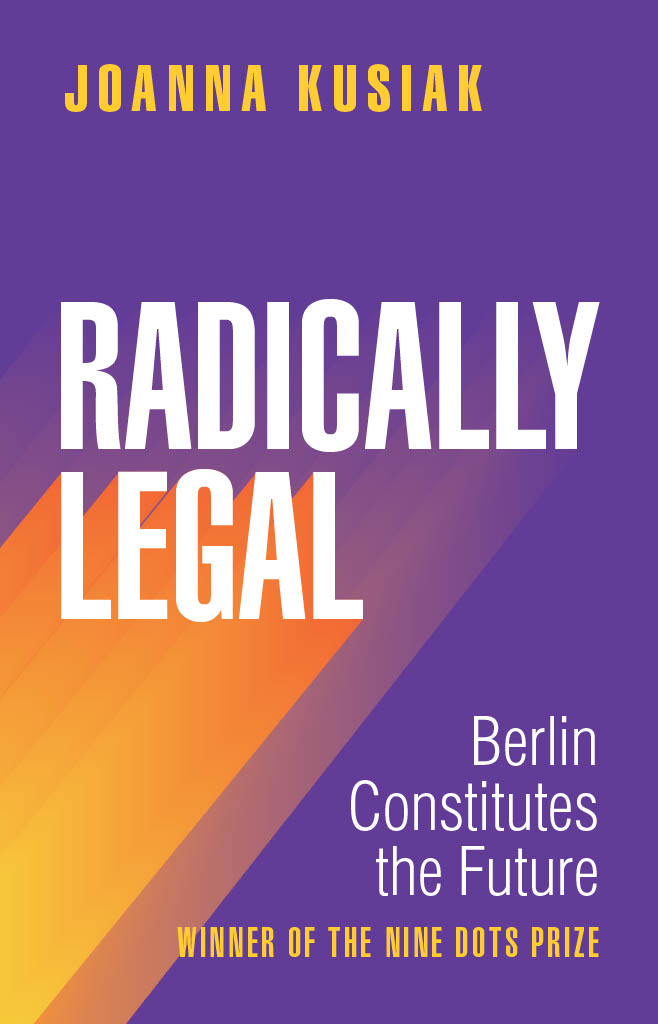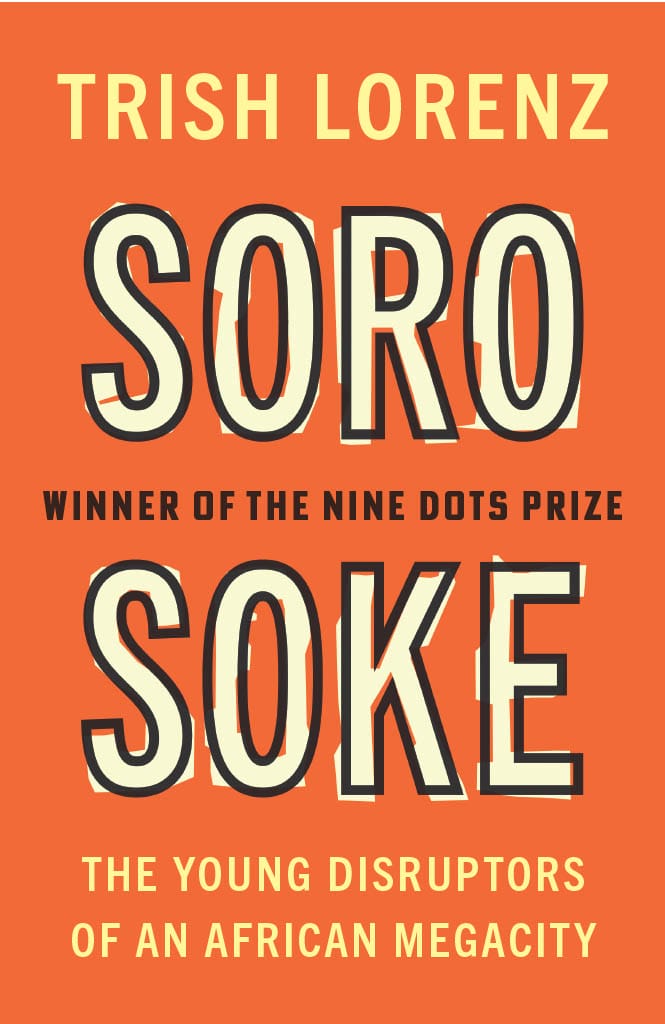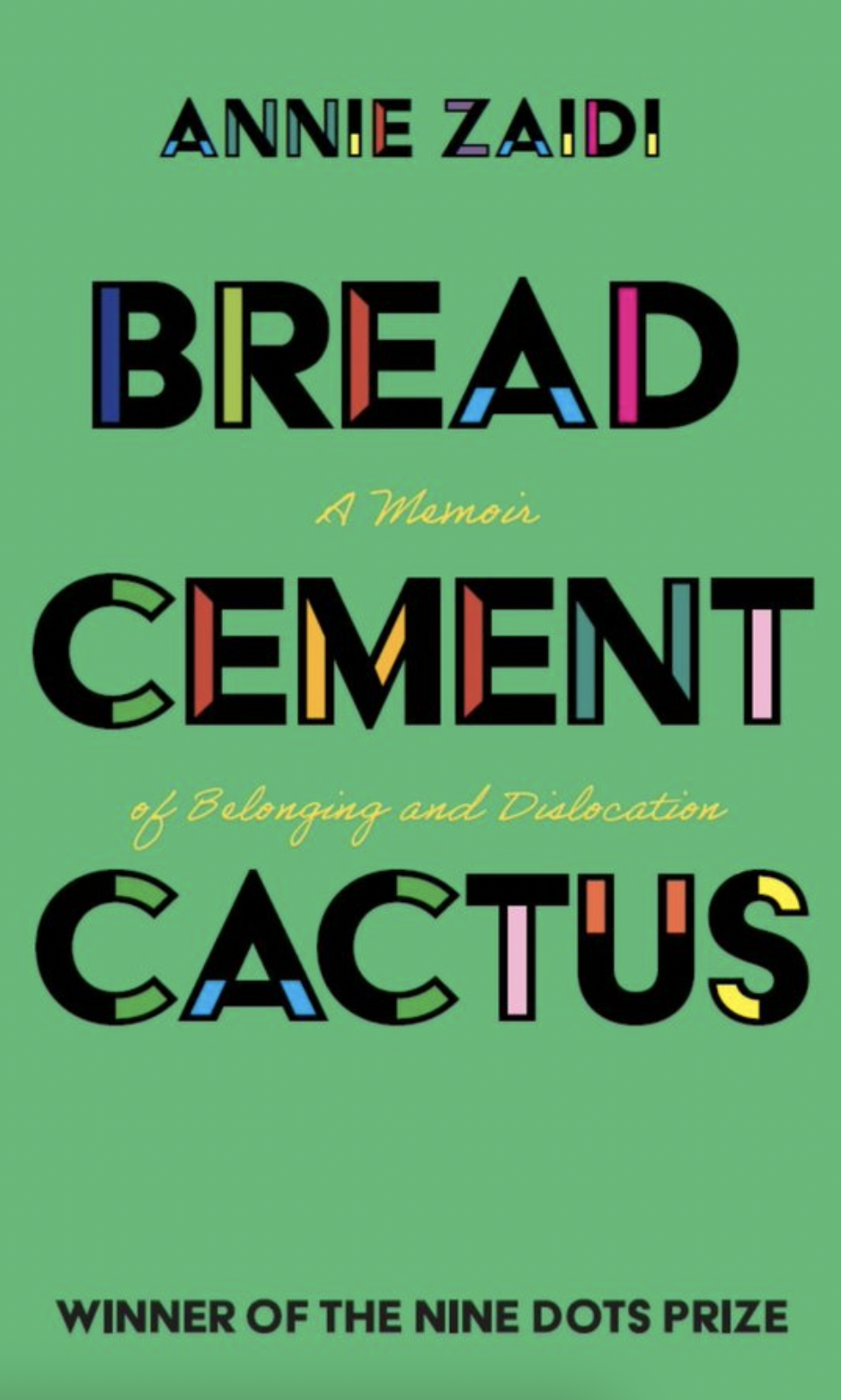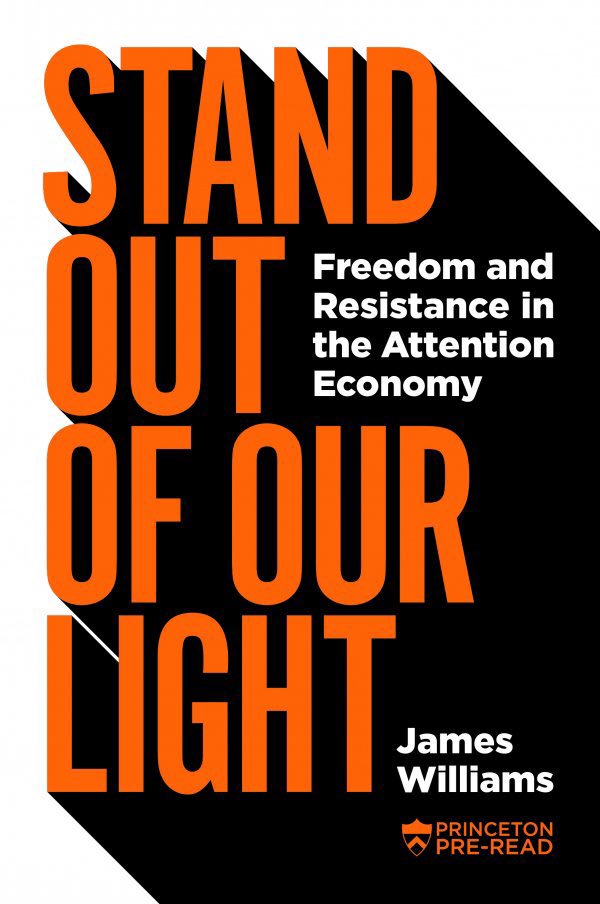Trish Lorenz wins Nine Dots Prize 2021/2022
28 May, 2021
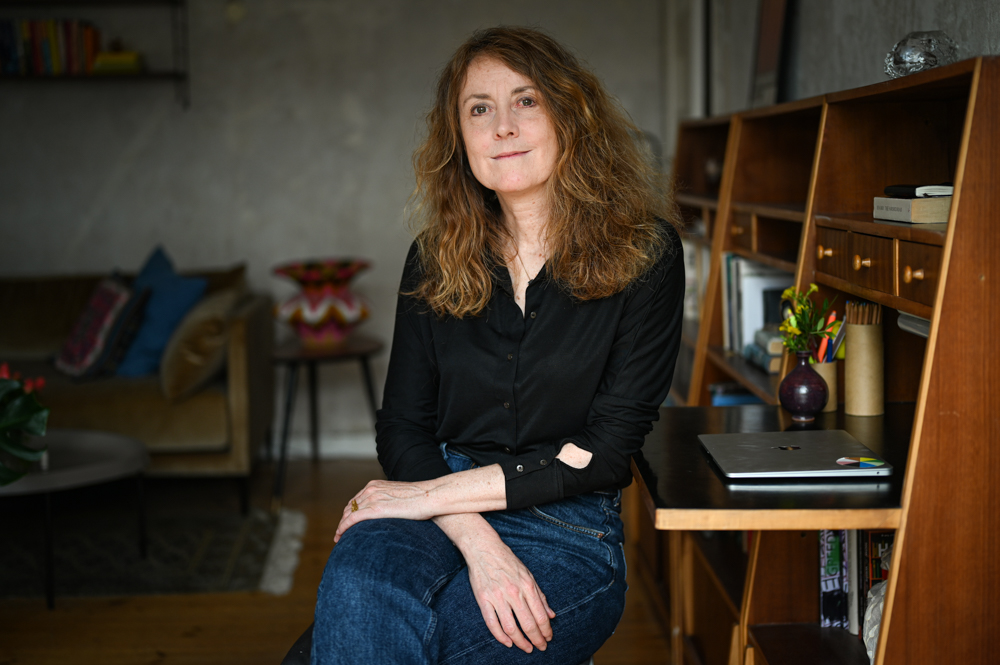
Berlin-based journalist Trish Lorenz has been announced as the winner of the 2021/2022 Nine Dots Prize, receiving US$100,000 and a book deal with Cambridge University Press for her ‘compelling and well-evidenced’ response to the question ‘What does it mean to be young in an ageing world?’
The Nine Dots Prize is a prize for a book that has not yet been written. Every two years, its Board sets a question and invites people to respond with a 3,000-word essay and a book proposal. The winner receives US$100,000, which enables them to spend time researching, developing their ideas, and turning their essay response into a full-length book which is published by Cambridge University Press.
Nearly 700 potential books were submitted in response to the 2021/2022 question, from 92 different countries around the world. They were judged anonymously by the Prize’s twelve-strong Board of leading academics, journalists and thinkers.
Lorenz’s winning essay argued that no question of what it means to be young in the 21st century should overlook the significant youth populations of sub-Saharan African countries including Nigeria, Ghana, Kenya, Rwanda, and Ethiopia. Focusing on Nigeria – one of the youngest countries in the world, where more than 42% of the population is under 14 years old – as a case study, she proposes to conduct in-depth interviews and discussions with the youth population to explore the following topics:
- The role urbanisation is playing in defining this generation, and how this generation is in turn redefining the notion of an African city
- The emergence of a distinct generational identity across music, fashion, design, art, and culture
- How this generation is employing technological solutions to become self-sufficient and solve pan-African and global issues
- The discrepancy between the average age of the population and the age of its leaders, who are amongst the oldest in the world
- The activists challenging traditional societal norms and carving out a new vision of what it means to be African
Chair of the Nine Dots Prize Board, Professor in Greek Literature and Culture, and Fellow of King’s College, Cambridge, Professor Simon Goldhill said: “The Nine Dots Prize questions allow entrants to define the terms for themselves, so that they can approach the question in the way they feel is most interesting. The Board was thoroughly convinced by Trish’s compelling and well-evidenced argument that the 2021/2022 question could only be answered in this way, and by the authenticity and rigour of her approach. We very much look forward to reading the book she will now write on the topic.”
Lorenz has been a journalist for more than 15 years. She is a regular contributor to titles including The Guardian, The Financial Times and The Telegraph, among others, and her reporting has included covering stories in Senegal, Mali and Burkina Faso. Formerly a design columnist at The Independent and the Lisbon correspondent for Monocle magazine, she covers subjects ranging from design, art and culture to travel, politics and human interest. She moved to Berlin in early 2020. Prior to that she lived in Lisbon for eight years, working as a correspondent in Portugal and the Portuguese speaking world, a role that involved travel and reporting on African Portuguese speaking countries such as Cape Verde.
Lorenz said: “I am very excited to have been chosen as this year’s winner. The topic is a subject that’s close to my heart – in my travels to African countries I’ve always been struck by the energy, commitment and positivity of the young people I’ve met. I’m very happy that the prize will give me a chance to learn more about some of their lives, achievements and ambitions and to share their stories more widely across the world.”
As part of the prize win, Lorenz is invited to spend a term at the Centre for Research in the Arts, Social Sciences and Humanities (CRASSH), Cambridge University. Her book will be published by Cambridge University Press in May 2022 in a variety of formats, including open access, meaning the book can be downloaded free of charge.
